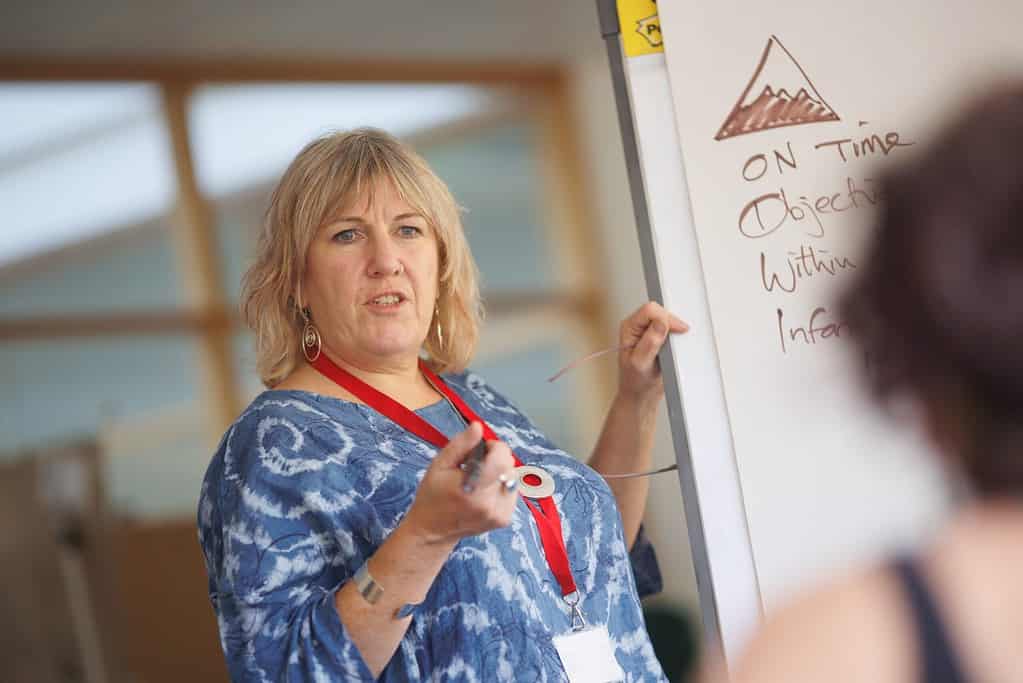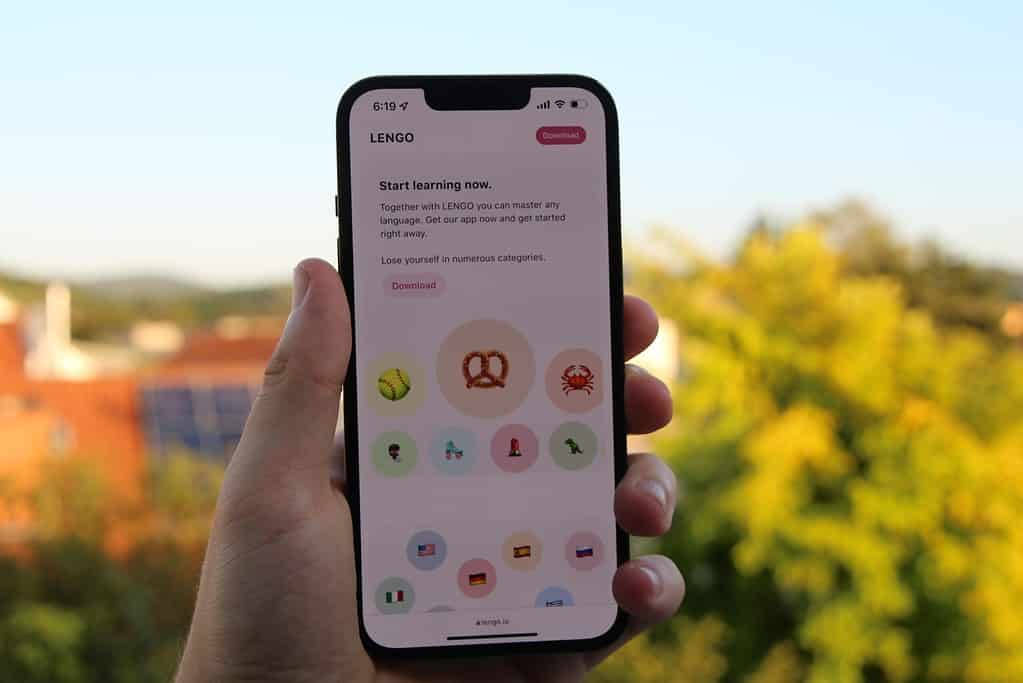Learning French pronunciation can feel like deciphering a secret code. English speakers often find themselves tripping over unfamiliar sounds, silent letters, and unexpected accents. Whether you’re aspiring to chat effortlessly with a Parisian barista or simply want to polish your accent for your next language exchange, this guide is filled with practical exercises, engaging tips, and fresh insights to help you master French pronunciation. To kickstart your journey, consider checking out swaplang for a dynamic way to practice one-to-one with native speakers.
Understanding French Phonetic Patterns
French, like any language, has its own rhythm and rules that seem to operate by a different logic from English. Instead of pronouncing every letter, French often hides letters in plain sight. Think of the infamous silent “e” that lurks at the end of many words or the nasal sounds, which are virtually nonexistent in English. Research has shown that by focusing on these sound patterns, learners can start to “hear” French in a way that makes sense to the ear. For example, an article on common pitfalls in French pronunciation emphasizes the importance of tuning into such nuances because they can transform hesitant speech into confident conversation. As you navigate these patterns, try to mimic the flow and cadence of native speakers by listening closely and practicing aloud.
Difficult Sounds and How to Master Them
One of the biggest challenges English speakers face when learning French is pronouncing sounds that simply don’t exist in their native tongue. Take the French “r” for example—a guttural sound that originates from the throat rather than the tip of the tongue. Understanding where to position your tongue and how to manipulate your airflow is key. Experts at Hello French NYC outline clear strategies for tackling these tricky sounds, recommending slow, deliberate practice and even recording oneself to compare with native examples. Sometimes, just a small tweak in how you shape your mouth can make a big difference, so don’t be afraid to experiment with your pronunciation until it feels natural.
Practical Pronunciation Exercises
When theory meets practice, great things happen. Start by breaking down words into syllables and emphasize the unique sounds of each part. One effective exercise is to isolate challenging sounds and repeat them in various word contexts. For instance, repeatedly practicing the nasal vowels—those pesky sounds where air flows through both your nose and mouth—is highly beneficial. A detailed guide on exercises shows that consistency in practice leads to noticeable improvements. Consider setting aside dedicated time each day to read short phrases aloud, or try tongue twisters specially designed for French learners. These exercises not only build confidence but also train your mouth muscles to replicate native speech rhythms. For more hands-on exercises and tips, you might find insight in the research shared at this resource, which offers targeted drills to refine your spoken French.

Using Audio Examples to Improve
There’s an undeniable power in hearing pronunciation firsthand. Leveraging audio examples—from podcasts to curated language apps—can accelerate your progress by exposing you to authentic, everyday French. Listening to native speakers allows you to absorb the rhythm and intonation of the language, something textbooks often fail to capture. One smart strategy is to break audio content into bite-sized pieces and practice mimicking each segment. Research underscores the importance of listening exercises in improving fluency, as subtle cues like intonation and stress are more perceptible in oral conversations. Additionally, pairing these audio examples with transcription exercises can help cement your understanding of French phonetics, making your spoken communication more natural and confident.
Finding Language Exchange Partners
Nothing reignites your motivation and builds your language skills faster than real conversations with native speakers. Language exchange partners can offer immediate feedback and introduce you to colloquial expressions that textbooks don’t cover. Platforms like swaplang provide a secure, ad-free space where you can schedule sessions that fit your busy life. Engaging in live dialogue not only improves your pronunciation but also exposes you to the cultural contexts in which these sounds thrive. While working with a partner, you might laugh at mispronunciations and share tips on overcoming common errors, all of which make the journey less intimidating and more enjoyable. Look into additional resources such as articles about leveraging AI for effective French language exchange to discover more innovative methods to practice conversational French.
Overcoming Common Pronunciation Pitfalls
Despite your best efforts, certain pitfalls in French pronunciation may persist. For many English speakers, these stumbling blocks include over-pronouncing letters that are meant to be silent or misplacing the stress in multisyllabic words. A comprehensive overview provided in discussions on French pronunciation pitfalls highlights how these mistakes can obstruct clear communication. Regular self-assessment, perhaps through recording your speech and comparing it with native examples, is a solid tactic for recognizing and correcting errors. Moreover, paying attention to expert advice—such as ideas shared in common French pronunciation pitfalls—can guide you around the typical traps that ensnare so many learners. Balancing structured practice with spontaneous speaking exercises can bridge the gap between knowing the rules and speaking effortlessly.
This journey to mastering French pronunciation is as challenging as it is rewarding. Each step, from internalizing phonetic patterns to engaging in meaningful conversation, takes you closer to the fluent French you desire. Ready to take your conversation skills to the next level? Sign up for swaplang today at swaplang and experience one-on-one video exchanges with native speakers that will transform the way you speak French.

















